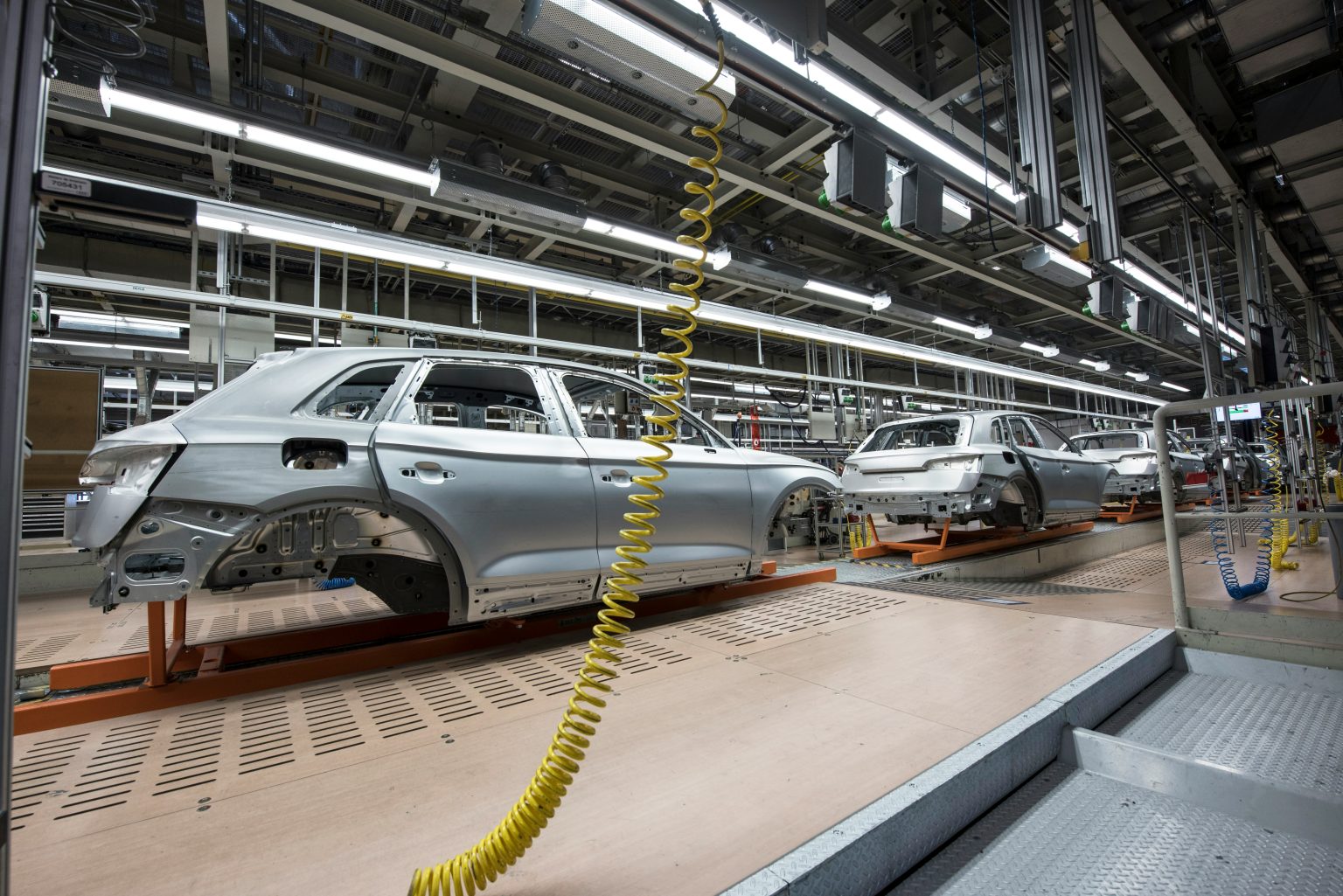Industrial manufacturing is the process of converting raw materials into finished products on a large scale using machinery, labor, and various production techniques. This sector is the backbone of many economies, producing the goods and equipment necessary for everyday life and business operations. It started with the Industrial Revolution in the late 18th and early 19th centuries. This period marked a significant shift from handcrafted goods to mass production facilitated by machinery. Over time, advancements in technology have made industrial manufacturing more efficient and capable of producing higher-quality products at a faster rate.
Key Components of Industrial Manufacturing
Raw materials are the fundamental building blocks of industrial manufacturing. These can include metals (like steel and aluminum), plastics, chemicals, and natural resources such as wood and cotton. The quality and availability of raw materials directly impact the efficiency and cost of manufacturing processes.
Parts are the intermediate components made from raw materials, assembled to create finished products. Manufacturers can make parts themselves out of raw materials or outsource them to a parts manufacturer, like Edge Metalworks. The precision and standardization of parts are crucial for the consistent production of high-quality goods.
Lastly, machinery and equipment are the tools used to transform raw materials into parts and parts into final products. This includes everything from simple hand tools to complex automated systems. Modern manufacturing relies heavily on advanced machinery like CNC machines, robotics, and conveyor systems to enhance productivity and precision.
Types of Industrial Manufacturing Processes
There are a few different ways the manufacturing process can work, depending on the final product:
- Batch production is the process of manufacturing products in batches from start to finish before starting another batch. It’s more flexible to change the quantity of products in between batches.
- Mass production involves standardized quantities of products, often using assembly lines with multiple batches at different stages of production. This method is more efficient but harder to change between batches, making it ideal for products with consistent demand.
- Continuous production involves the fully-automated, nonstop production of goods. This method is nearly impossible to change without a complete shutdown and overhaul of the system, only making it viable in certain industries, like chemicals.
- Custom manufacturing is tailored to produce small batches of unique products according to specific customer requirements. This type of manufacturing is only viable in specialized industries where precision and customization are needed, like luxury goods.
Industrial Automation
Automation has revolutionized industrial manufacturing by increasing efficiency, reducing labor costs, and enhancing product quality. Automated systems can perform repetitive tasks with precision and consistency. The Internet of Things (IoT) takes automation one step further by using a network of interconnected devices and systems to collect and exchange data, enabling real-time monitoring and control of production processes, predictive maintenance of equipment, and enhanced supply chain management. The advent of AI is the next step in industrial automation, by using predictive analytics to optimize production schedules, enhance quality control, and improve supply chain logistics.
Common Industrial Manufacturing Industries
Many sectors in the U.S. economy are centered around industrial manufacturing. Here are a few of the biggest:
- Automotive relies heavily on mass production and automation to meet high demand and ensure product consistency.
- Aerospace manufacturing requires precision engineering and high-quality materials to ensure safety and performance. Custom manufacturing is common in the aerospace sector.
- Electronics include consumer electronics and industrial electronics, which often require rapid innovation, making batch production ideal.
- Pharmaceuticals require strict adherence to quality control and regulatory standards to ensure the safety of their products. Batch production is common in pharmaceutical production.
- Food and Beverages also have stringent hygiene standards but need efficient production methods to meet consumer demand, so mass production is common.
Pick the Right Parts Manufacturing Partner
Industrial manufacturing is a crucial aspect of the U.S. economy. With the ongoing evolution of technology, you need to partner with suppliers who know how the manufacturing landscape will continue to transform. That’s why Edge Metalworks continually invests in new technology to bring the best laser-cut parts to our clients. If you need a new partner in parts manufacturing, contact Edge Metalworks today.
